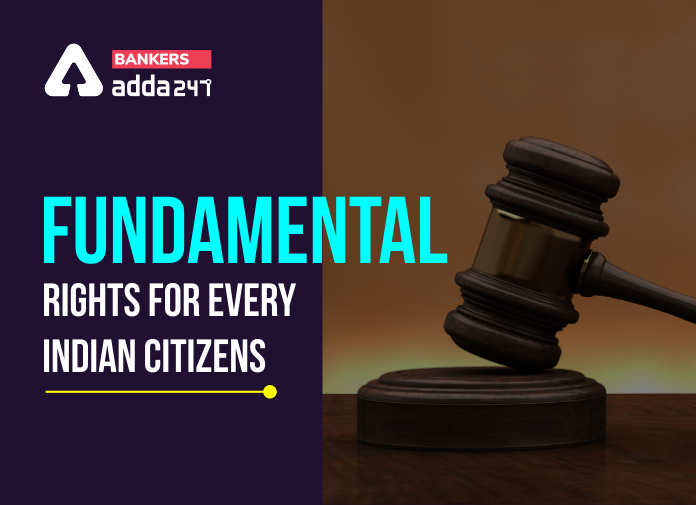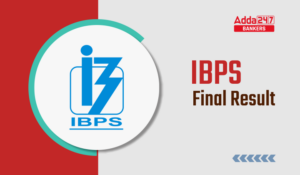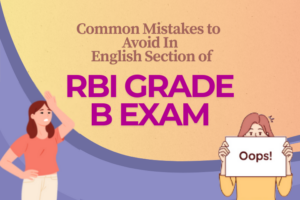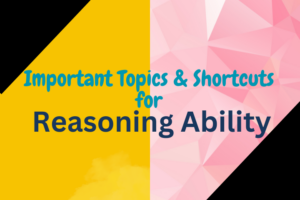India holds the title of the largest democracy in the world. As a citizen of such a great country, we all have fundamental rights given to us by the Indian Constitution. The rights are the core of any individual to grow and develop in every way. These rights are a part of our constitution and enshrined from article 12 to 15. These fundamental rights protect the violation of human rights but reiterate the fundamental unity of Indians.
There is personal liberty to one and all along with life and practice of religion. You have to know that only some fundamental rights are there for people of other nationalities, but all rights are for citizens and non-resident Indians. The right to public employment cannot be conferred to citizens who reside in foreign shores.
The fundamental rights will apply to all the citizens of India irrespective of:
- Race
- Birthplace
- Religion
- Caste
- Gender
There are laws that state that if these laws get violated, they are punishable under the Indian penal code subject to the discretion of the judiciary.
The individual rights include
- Equality to the law can be found in articles 14 to 18
- Freedom of speech can be found in articles 19 to 22
- Freedom of expression can be found in articles 23 to 24
- Religious and cultural freedom can be found in articles 29 to 30
- Freedom of assembly (peaceful)
- Freedom to practice any religion can be found in articles 25 to30
- Right to constitutional remedies and the protection of civil rights(writs such as habeas corpus, mandamus, prohibition, certiorari, quo warranto) can be found in articles 32 to 35
The right to equality will not discriminate any Indian citizen in matters of
- Employment
- The abolition of untouchability
- Abolition of titles
The right to freedom includes
- Freedom of speech and expression
- Assembly/ association/ union/cooperatives
- Movement
- Residence
- To practice any vocation or occupation
The right against exploitation includes
- Forced labour
- Child labour
- Trafficking of human beings
The right to freedom of religion includes
- Freedom of conscience
- Free profession
- Practice
- Propagation of religion
- Manage religious affairs
- Certain taxes
- Freedom from religious instructions in educational institutions
The cultural and educational rights include preserving the rights of any section of the society by
- Conserving the culture
- Language/script
- Rights of minorities
- They have the right to administer and establish educational institutes of their choice
The right to constitutional remedies makes sure the fundamental rights seem enforced. Another right would be the right to privacy, which is part of the article 21 in the right of freedom. It is the newest right to be assured by the highest court of India so that the Indian citizen’s data and personal security is never compromised.
The fundamental rights were made so that-
- The inequalities that we faced in the hands of the British
- The pre-independence social practices which included untouchability, discrimination based on religion, sex, caste, race, colour, etc.
The fundamental rights propounded that-
- There should be elections under universal suffrage
- Guarantee fundamental rights for representing religious and ethnic minorities
The fundamental rights were part of all the drafts of the constitution when proposed by the drafting committee. For a democratic nation to function, fundamental rights such as freedom and speech and expression and other various freedoms hold high esteem.
Also Read,



 IBPS Final Result 2025 Coming Out Tomorr...
IBPS Final Result 2025 Coming Out Tomorr...
 Simple Tips to Avoid Common Mistakes In ...
Simple Tips to Avoid Common Mistakes In ...
 Important Topics & Shortcuts for IDB...
Important Topics & Shortcuts for IDB...


